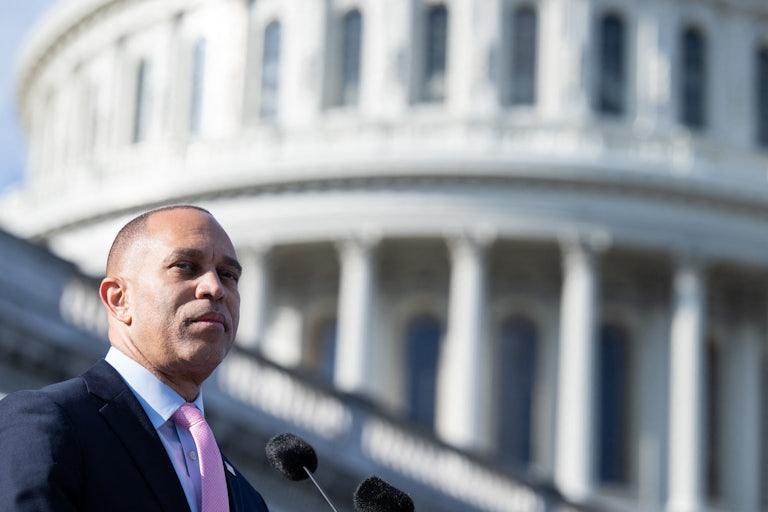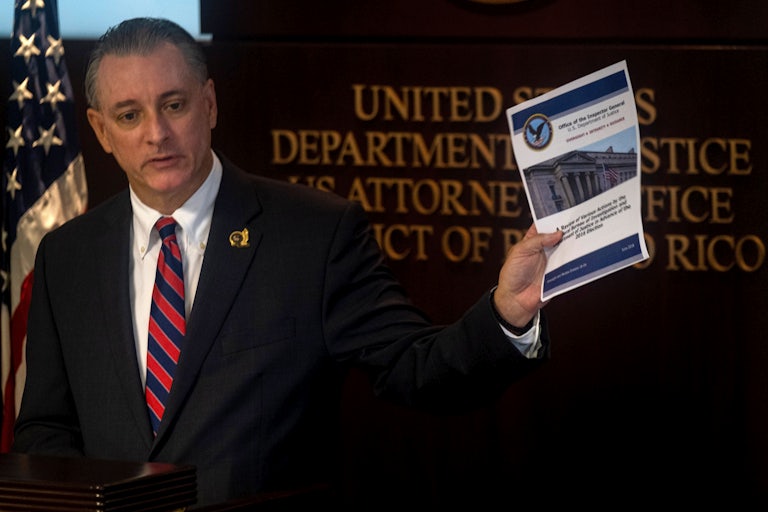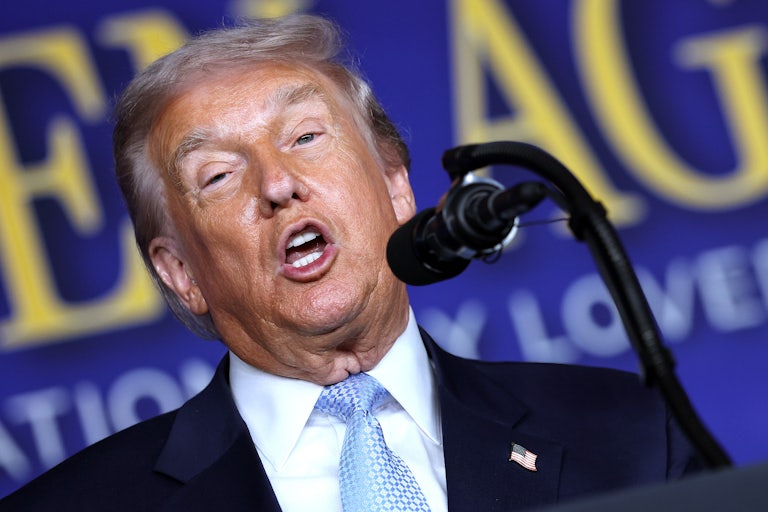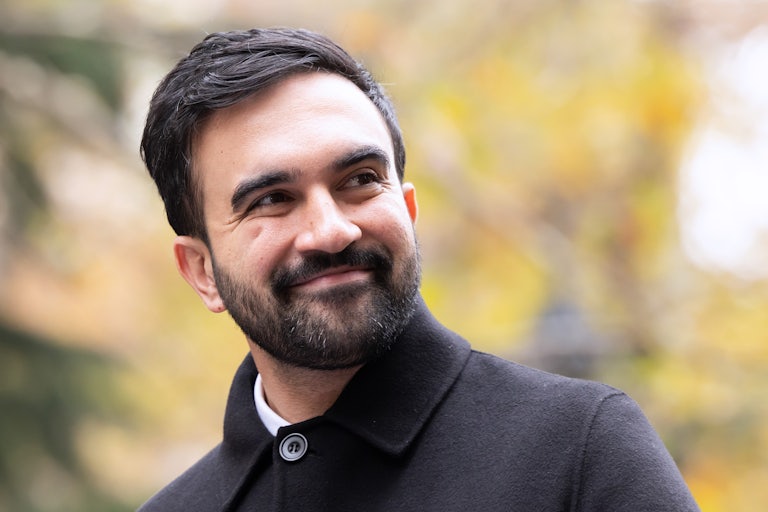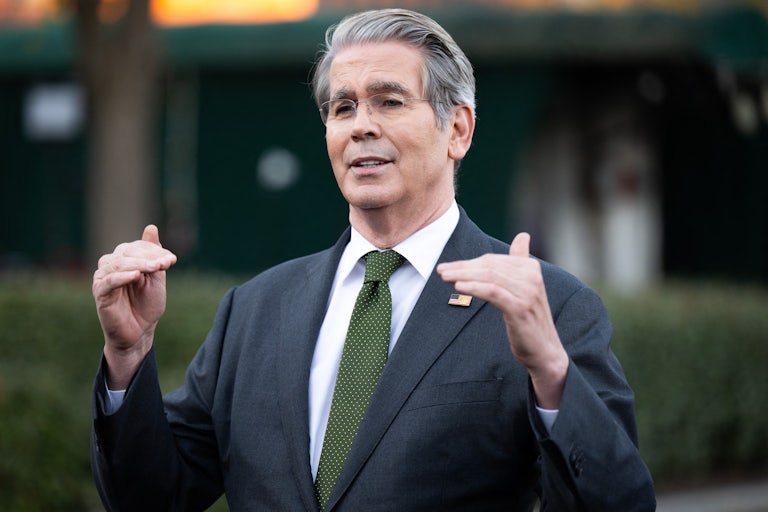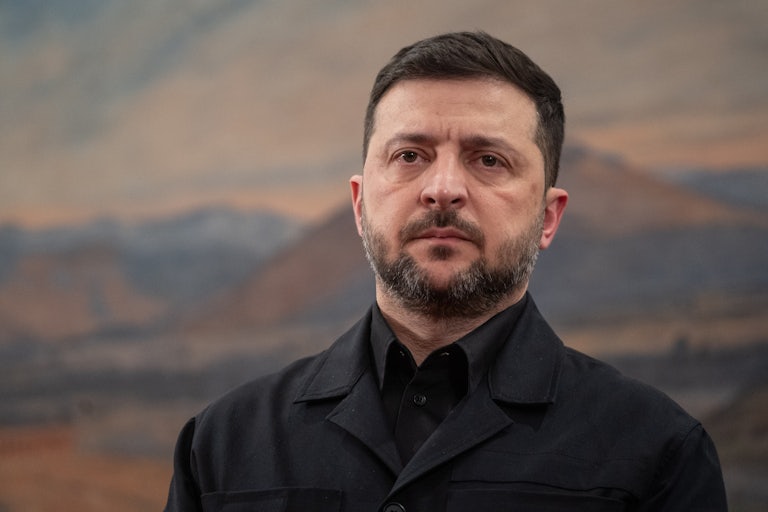RFK Jr. Personally Changed CDC Policy on Linking Vaccines and Autism
The change was made based on Kennedy’s personal beliefs, not actual science.
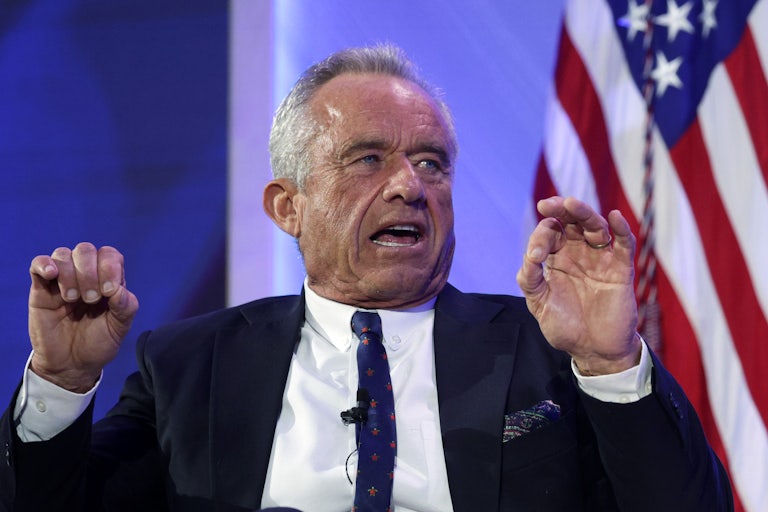
Health Secretary Robert F. Kennedy Jr. personally instructed the Centers for Disease Control and Prevention to abandon its long-held position that vaccines are not tied to autism.
In an interview with The New York Times Thursday, Kennedy said he was responsible for the change on the CDC’s website, which now states that “the claim ‘vaccines do not cause autism’ is not evidence-based.”
Kennedy told the Times that he’s not arguing that vaccines do cause autism, but rather underscoring there’s no evidence that they don’t.
“The whole thing about ‘vaccines have been tested and there’s been this determination made,’ is just a lie,” Kennedy said. “The phrase ‘Vaccines do not cause autism’ is not supported by science.”
Former CDC officials told the Times that it is extraordinarily unusual for a health secretary to personally demand a change to long-standing policy, let alone make a decision that radically defies contemporary science. Typically, agency scientists craft changes that are then directed to the secretary’s desk for review.
Combating autism is the cornerstone of Kennedy’s public health policy. Kennedy is a leader in a growing movement of anti-vax parents who refuse to provide their children with the same public health advantages that they received in their youth, mostly in fear of thoroughly debunked conspiracy theories that, at one point, falsely linked autism to the jab.
The researcher who sparked that myth with a fraudulent paper lost his medical license and eventually rescinded his opinion. Since then, dozens of studies have proven there’s no correlation between autism and vaccines, including one study that surveyed more than 660,000 children over the course of 11 years.
The evidence that Kennedy is looking for to disprove his theory is nearly impossible to obtain, according to health care professionals.
“You can’t prove that Coca-Cola doesn’t cause autism either,” Dr. Arthur Caplan, director of the medical ethics division at New York University, told the Times.
But confusion persists regarding even the most basic figures. A study published by the Autism Society of Texas found that one in 31 people are estimated to have autism—a noticeably sharp uptick from figures released in 2006 that found about one in every 110 children were diagnosed with autism by age 8.
But behind those numbers is a different story, since the definition of autism was broadened in that same time span. Increased research, social destigmatization, and improved mental health screening have also contributed to the inflated numbers.
As a reminder: Since their invention, vaccines have proven to be one of the greatest accomplishments of modern medicine. The medical shots are so effective at preventing illness that they have effectively eradicated some of the worst diseases from our collective culture, from rabies to polio and smallpox—a fact that has possibly fooled some into believing that the viruses and their complications aren’t a significant threat to the average, health-conscious individual.
